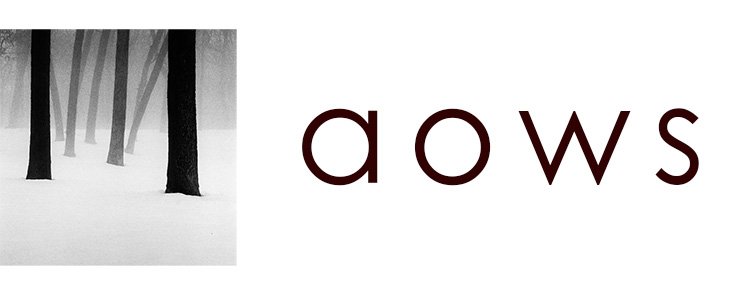In 1977, on the sidewalk outside his loft on Twenty-third Street in Manhattan, the fifty-eight-year-old W. Eugene Smith watched from a wheelchair as some two dozen volunteers—mostly young photography students paying homage—loaded his life’s work into two shipping trucks.
When the shipment arrived in Tucson, it filled a high school gymnasium and spilled into outlying rooms.
Included in the shipment were three thousand matted and unmatted master prints; hundreds of thousands of meticulous 5 x 7 work prints; hundreds of thousands of negatives and contact sheets. There were hundreds of pocket spiral notebooks and thousands of 3 x 5 note cards with scribbled notes; maps and diagrams from all over the world; and hundreds of boxes of clipped magazine and newspaper articles. Smith wrote hundreds of fifteen-page single-spaced letters to family, friends, and people he barely knew, and he mimeographed copies before mailing them. There were dozens of cameras, various pieces of darkroom equipment, trash cans and boxes full of loose lens caps, rubber bands, and paper clips. Smith also had 25,000 vinyl records and 3,750 books.
[Smith’s] death certificate read “stroke” but, as was said of the immortal jazzman Charlie Parker, Smith died of “everything.” He was flat worn out. He’d given up. He left eighteen dollars in the bank, and forty-four thousand pounds of materials.
Gene Smith's Sink: A wide-angle view
I’ve long argued that you need to be obsessed if you want to become great at something. But Eugene Smith took this to extreme.
We have to commit to our art with either intensity or longevity. They are almost mutually exclusive, as ferocious intensity can’t be maintained for too long. Even if your mind can hold, your body will eventually fail, as happened to Smith. He died at 58, leaving many years of potential growth and work on the table.
Consistency and a healthier balance over a long period of time are usually the wiser choice.



